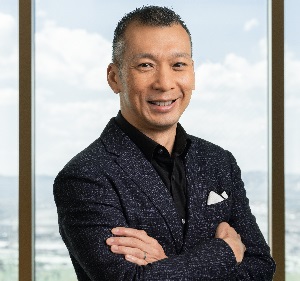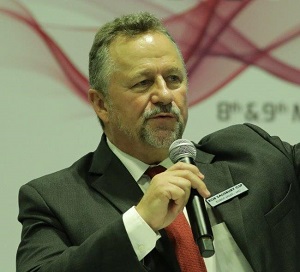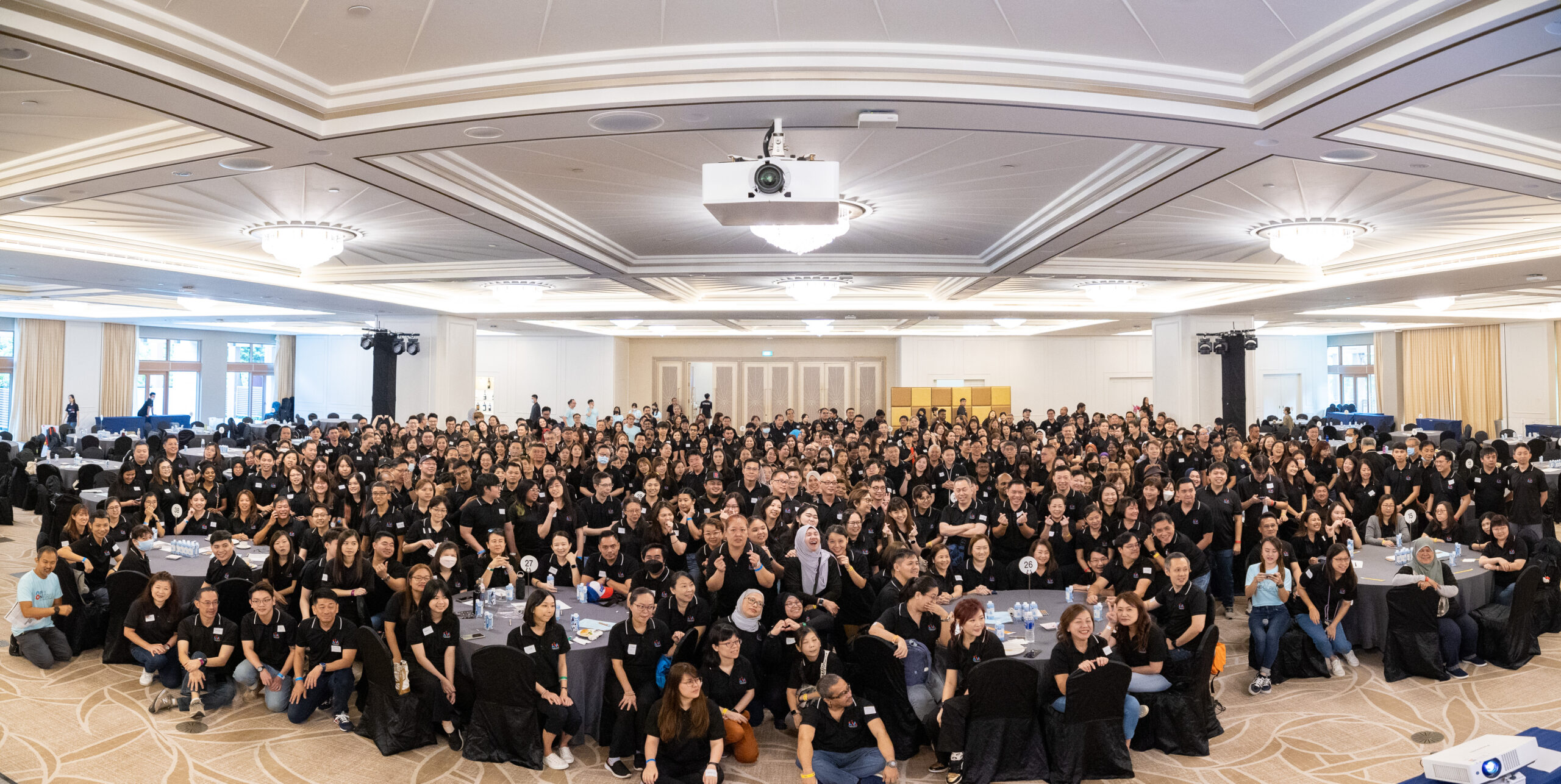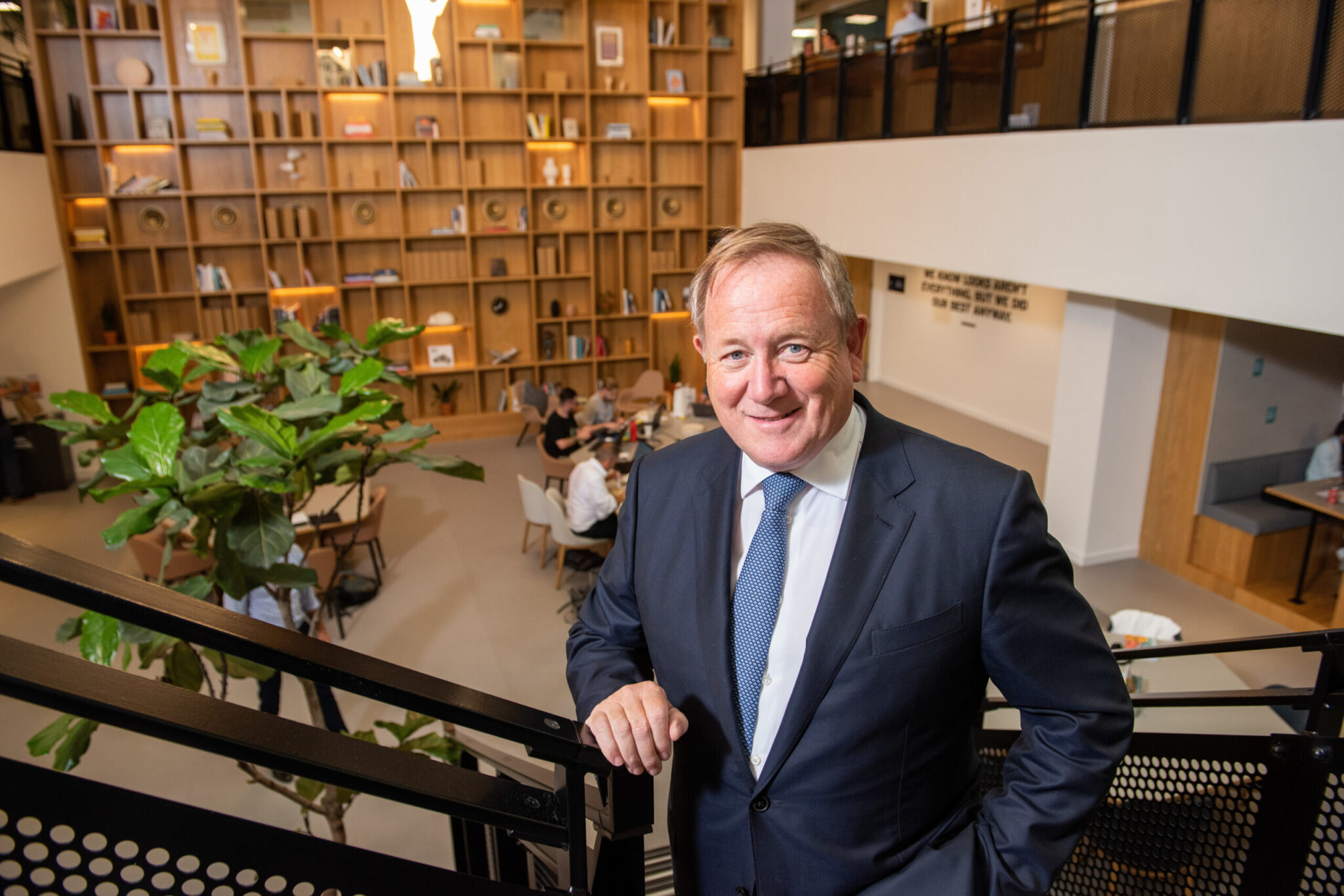HR 2024: Embracing tech, trust, and diversity for success
- Josephine Tan

The success of an organisation is increasingly dependent on the strategies it employs to engage and motivate its workforce. As we approach 2024, HR leaders find themselves at the forefront of shaping employee-centric strategies that drive sustained success. In this article, HRM Asia reflects on key developments in HR and workforce management in 2023 and outlines the trends and priorities HR leaders should prioritise in the coming year.
Read on to find out more…
Leveraging hybrid to boost employee wellbeing amid productivity pressure
Elisa Mallis, Managing Director and Vice-President for Asia-Pacific, Center for Creative Leadership (CCL), “Hybrid is here to stay! In 2023, 50% of leaders in Singapore indicated Hybrid-Office First as their preferred mode of work, up from around 30% one year ago based on our Work 3.0 research. The AmCham Manpower Survey reveals a decline in headcount expansion plans in Singapore, dropping to one-third from 53% two years prior, with reduced investment in flexibility and workplace health measures. As the focus on productivity intensifies, employee wellbeing has suffered.”
“Moving into 2024, we need to look at boosting collective and social wellbeing, rather than individual self-care, especially in a hybrid work environment. While self-care remains important, overemphasis on self-care may be undermining, rather than supporting the wellbeing agenda. Our CCL 7-Day Wellbeing Challenge provides approaches within and between teams such as making a connection with a colleague or direct report, hosting sessions whether virtual or in-person to reconnect to collective purpose, sending notes or tokens of gratitude to others in the team and making space in larger team forums to savour the positive.”
Gen AI drives personalised experiences and enhanced wellbeing
Rachna Sampayo, Group Vice-President Human Resources, Oracle, Japan and Asia-Pacific, “Extensive remote working is continuing and forcing organisations and HR leaders to rethink and reimagine the employee experience (EX), in addition to new expectations from a multigenerational workforce. Only a third of Asia-Pacific employees agree that their employers support their wellbeing.”
“In 2024, personalising the EX will remain a priority for HR leaders in the region. The key difference lies in how they do so. We expect increased adoption of generative AI-powered capabilities within human capital management (HCM) systems to drive faster business value, improve productivity, enhance the candidate and EX, and streamline HR processes. With HCM’s generative AI, HR teams can efficiently author content such as for a job requisition or performance goal, automate recommendations for employee survey questions, for example, and summarise key points more accurately such as for an employee’s performance report. This allows HR teams to take on more strategic, high-value work.”
Trust-driven talent management
Pannie Sia, General Manager, ASEAN, Workday, “In 2024, organisations must prioritise building trust in the workplace, starting with robust investments in employee engagement. Amid trends from the Great Resignation to the Great Stay this year, the power dynamics between employees and employers have shifted. Looking ahead, the focus will shift from this power balance to how enterprises can foster and sustain trust with their teams. This requires a deeper exploration of talent management strategies, emphasising a commitment to investing in employee experience to drive productivity, reduce attrition, and ensure a happier, more engaged workforce.”
“Recognising the significance of building trust in a rapidly changing workforce will set forward-thinking organisations apart in 2024, with technology, especially AI, playing a transformative role. Intelligent listening tools can provide real-time insights into employee sentiment, enabling leaders to address pain points and prioritise employee wellbeing for sustained business growth and success.”
Sustainable pay compensation strategies will gain prominence
Terrence Yong, General Manager for Asia-Pacific, Visier, “In 2023, many organisations increased financial allocations for talent acquisition to attract the best employees in a competitive landscape. Approaching 2024, the imperative is to shift their focus towards building financially sustainable pay compensation strategies. Visier observed a growing challenge where existing employees’ salaries couldn’t match the swiftly rising starting salaries for newcomers, leading to dissatisfaction and potential resignations.”
“To maintain a highly productive workforce, organisations must ensure transparent and sustainable pay compensation strategies. Visier’s Smart Compensation tool lets employees’ performances and patterns be objectively decoded to help organisations understand their employees. With that, organisations can increase pay transparency and consistency during pay raise discussions creating a fair and balanced system that aligns with the organisation’s financial goals while continuing to attract and retain their top employees.”
Tech-powered workforce for success
Joanna Khoo, Director, People Operations, CSR, Diversity and Inclusion, Partior, “Technology is playing a pivotal role in reshaping the employee experience (EX) across various industries. The rise of remote work, accelerated by technology, is allowing individuals to contribute from virtually anywhere, and has contributed to the attraction and retention of talent. Organisations are also using various technologies for enhanced experiences in meetings, candidate interviews and customer presentations.”
“We are seeing increased integration of AI and automation into HR processes such as candidate screening, employee surveys, content creation, and even predictive analytics for workforce planning. As automation and AI become a mainstay in business strategies, continuous learning and upskilling have become essential to address the career health and evolving skill requirements of the workforce. This surge also underscored the need for a more sophisticated data governance approach. The bottom line is—for organisations to thrive in this digital age, cultivating a balanced workforce equipped with both AI and human-centric skills is imperative, as this positions them for success in the evolving landscape of work.”
Inclusion and diversity: A driver of innovation in 2024
Darshana Ramesh, Director, Regional Inclusion, Diversity, Equity & Action (IDEA), VF Corporation, “Emphasising inclusion and diversity is not only a moral imperative but a strategic necessity. A vibrant workforce, incorporating diverse skills and experiences, serves as a catalyst for innovation and creativity. The pandemic underscored the demand for adaptability and resilience in navigating challenges in the ‘new normal’, and organisations must do more to embrace inclusion. At VF APAC, we placed a renewed focus on energy in activating Employee Resource Groups (ERGs).”
“Our ERGs provide associates a platform to connect around a specific purpose, enabling innovation and learning while giving them a sense of belonging and a safe space. In Asia-Pacific, we launched the first chapter of our Pride & Allies ERG this past fiscal year, conveying our strong stance on inclusion and acceptance of all regardless of sexual orientation, ethnicity, race, culture or gender. By harnessing the advantages of a diverse workforce, organisations can navigate challenges, foster innovation, and cultivate a positive, collaborative environment where employees can be proud to work.”
Embracing data and analytics to lead HR innovation
Rachel Chen, Head of the General Management Office, J&T Express Singapore, “J&T Express Singapore recognises a pivotal shift in prioritising technological innovations to enhance workplace productivity and optimise human resources. Particularly, the integration of AI in HR holds the potential to enable HR professionals to focus on more strategic and value-added tasks, thereby improving processes, increasing efficiency, cutting costs, and providing insights for performance management. That said, it also brings along potential risks. Notably, ethical concerns persist in 2023, with 65% of HR leaders in Singapore expressing apprehension about the ethical use of AI in their industry. These concerns encompass issues such as employee privacy, a lack of trust and transparency, and the absence of clear AI governance principles.”
“Despite these challenges, J&T Express remains committed to embracing data and analytics in our HR strategies. We emphasise the importance of education and fostering a culture of learning within our workforce to ensure the ethical and successful utilisation of AI. Recognising that AI can significantly support businesses, our approach is centred on allowing employees to dedicate more time to tasks that require a human touch.”
READ MORE: Top five HR and workforce trends in 2024
Retaining talent – Building the next generation
Rob Salisbury, Chief Enthusiasm Officer, SRI Global, “Globally acclaimed as the author of the most influential leadership books, the late Dr Stephen Covey’s The 7 Habits of Highly Effective People has guided HR leaders since 1989. The first two habits, ‘Be Proactive’ and ‘Start with the End in Mind’ proved pivotal for Fortune 500 HR leaders, transforming departments into influential asset production centres.”
“For a better year as an HR leader, they should review global and local HR salaries, bonuses, and incentives to remain competitive; upgrade learning and developing competency systems to retain key talent; and attract and build the next generation through key training and mentorships. To win at the long game of talent retention and in building new blood, systems, procedures, and mentoring strategies must be rock solid or risk losing great people to competitors.”
Balancing efficiency with human touch
Fidelma Butler, Chief People Officer, Couchbase, “In the realm of HR, AI innovation streamlines transactional workloads, enhancing the tech stack’s value while acknowledging the irreplaceable “power skills” of HR teams, such as selecting candidates, managing workforce needs, and bringing empathy to unique situations. Despite AI’s efficiencies in strategic tasks like job description, key HR functions requiring human nuance remain beyond automation’s reach. And as organisations navigate budgetary shifts in 2023, responsible spending gains prominence over flashy perks like kombucha on tap. Leaders are urged to focus on factors that truly matter to employees, investing in internal efforts fostering engagement, diversity, and an environment where employees collaboratively achieve common objectives.”
“Lastly, anticipating the entry of ‘iPad babies’ into the workforce, born into a digital age, organisations must prepare for tech-savvy talent expecting seamless experiences. This generation, raised with screens, demands instant gratification and inclusivity. To meet these expectations, investments in new technology, data analytics, and an engaged learning culture become imperative for building sustainable, value-adding organisations.”















